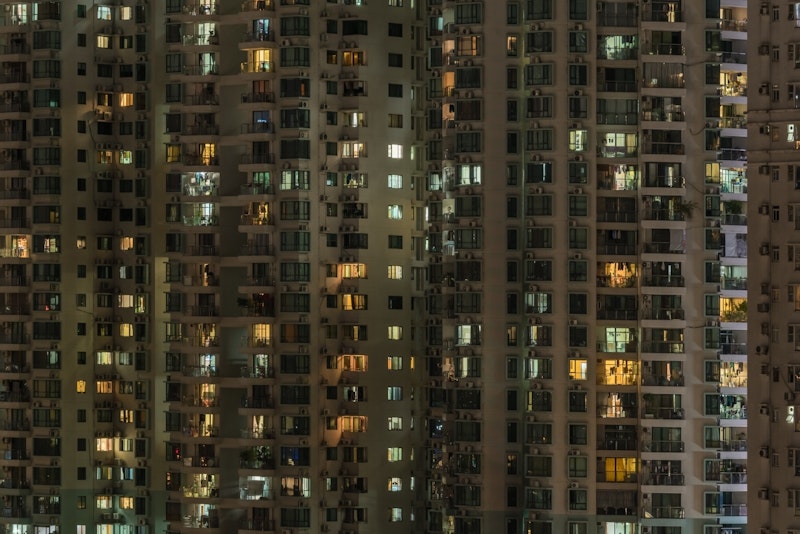The First High Court Judgment regarding Cladding defects since Grenfell Tower
Advice | 17 August 2022

The case of Martlet Homes Limited -v- Mulalley and Co Limited [2022] is the first since the Grenfell Tower disaster to address liability for fire safety defects (defective cladding, mainly) in high-rise buildings. Martlet Homes Limited were successful in both their primary case against Mulalley in respect of Mulalley’s defective workmanship in the installation of the cladding system as well as their alternative case regarding the specification of the EPS insulation.
The finding made by the Technology and Construction Court in this case is a positive outcome for many other leaseholders and building owners who to date have had to pay substantial amounts in remedial works as a result of defective cladding and installation.
HHJ Stephen Davies awarded Martlet substantial damages for the remedial works it was forced to undertake to rectify the cladding defects as well as awarding them further damages to cover the expense of the waking watch system Martlet implemented in order to mitigate any fire risk caused by the cladding prior to its removal.
The primary case brought against Mulalley was in relation to their defective workmanship in the installation of the cladding system at the Gosport Towers. Mulalley argued that Martlet’s decision to remove the cladding and re-install it with a properly fire-safe alternative was as a result of post-Grenfell concerns surrounding the flammable insulation within the cladding as opposed to their installation of the system, however the judge found in favour of Martlet and held that the removal of the cladding was a result of defective workmanship - the judge also held that the materials used by Mulalley failed to comply with the recommendations and advice contained in BRE 135 (2003). This meant that Mulalley were in breach of their contract with Martlet.
Not only does this decision impact building owners but it also effects the construction sector as it provides a form of precedent on the court’s approach to claims regarding cladding. Whilst this provides building owners and leaseholders with the protection from the devastating effects of cladding on their property’s value, construction companies will need to become more aware of their potential responsibilities and liabilities when installing and supplying cladding and dealing with any defects and would be advised to consider taking pre-emptive steps to resolve similar issues at their previous projects.
The promise of further protection for building owners and leaseholders has been reinforced by amendments which were made by the Building Safety Act 2022 and to various other legislation.
The amendments prevent leaseholders from having to pay high service charge to cover the cost of any remedial works required for cladding defects. It places them behind the building owners and contractors in situations where liability for remedying cladding defects needs to be determined. The leaseholders now have 30 years from when the building is structurally complete to claim for defective works rather than the previous limitation period of 6 years.
The Act has created provisions to ensure that there is a person responsible for safety throughout the process of design to completion. This provides protection to the building owners as it creates an incentive for those involved in the construction process to ensure that all building requirements are complied with prior to the building owner, and individual leaseholders taking control.
Both the amendments made to legislation as well as the recent findings in Martlet Homes Limited -v- Mulalley and Co Limited [2022] will have a positive impact on the construction industry, on the property management industry (in regard to determining liability for cladding defects) as well as where the responsibilities lie throughout the building process.
If you have any queries or wish to discuss anything in regard to construction disputes, please do not hesitate to contact the Dispute Resolution Team at Thackray Williams LLP on 0208 290 0440 or email info@thackraywilliams.com.
Related Insights
-
Factors to consider when renting out your spare room
Advice | 18 March 2025
-
A Residential Conveyancing guide for buyers and sellers
Advice | 13 March 2025
-
Thackray Williams in Tunbridge Wells Business magazine
News | 13 November 2024
-
Changes in SDLT further to the Autumn 2024 Budget
News | 7 November 2024
-
Estate Agent Networking Website - What affect will Rachel Reeves have on landlords and commercial property owners?
News | 21 October 2024
-
South East Property Expo back for 2023
News | 10 July 2023











